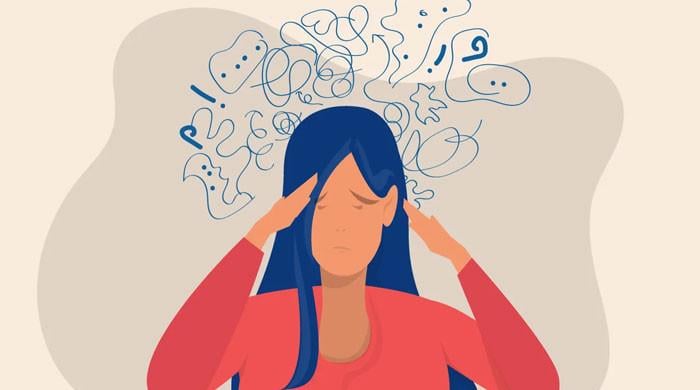Jitters, sleepless nights, and more: Why overdoing caffeine hurts
Ditch the caffeine overload and feel better
Caffeine, the world's most popular psychoactive drug, kick-starts millions of mornings and fuels afternoons through energy slumps. While moderate consumption offers some benefits, exceeding the recommended daily intake can lead to a range of downsides.
Here are five demerits of excessive caffeine use to consider before reaching for that extra cup:
Jitters and Anxiety:
High doses of caffeine, around 400mg or more, can trigger the body's fight-or-flight response, causing physical symptoms like tremors, shakiness, and a racing heart. This translates to heightened anxiety and nervousness, particularly for individuals already prone to these conditions.
Sleep Disruption:
Caffeine's stimulating effect interferes with sleep quality and duration. Frequent nighttime doses or consuming caffeine too close to bedtime can lead to insomnia, difficulty falling asleep, and restless sleep patterns. The resulting sleep deprivation further exacerbates daytime fatigue and hinders the body's natural repair processes.
Digestive Issues:
Caffeine stimulates stomach acid production, potentially leading to heartburn, indigestion, and even ulcers in some individuals. It can also contribute to dehydration, adding to discomfort and constipation.
Dependency and Withdrawal:
Regular high-caffeine intake can lead to dependence, where the body starts relying on the drug for regular functioning. Stopping abruptly can then trigger withdrawal symptoms like headaches, fatigue, irritability, and difficulty concentrating.
Increased Blood Pressure and Heart Strain:
Over time, excessive caffeine intake can contribute to elevated blood pressure, especially in individuals with pre-existing hypertension. This puts additional strain on the cardiovascular system, increasing the risk of heart problems in the long run.
-
Benefits of magic potion that is Apple Cider Vinegar
-
Why too much caffeine can jeopardise your health
-
Refreshing and Nutritious: Healthy Drinks for Your Perfect Lifestyle
-
What is Cortisol belly? How can you get rid of it?
-
Top five reasons to add oats in your beauty regime
-
Power of Sunblock: Your Key to Radiant Skin and Healthier Living
-
Impact of Flavonols on mortality rate, cancer, cardiovascular disease
-
Cosy Cardio: Comfortable fitness trend anyone can follow












